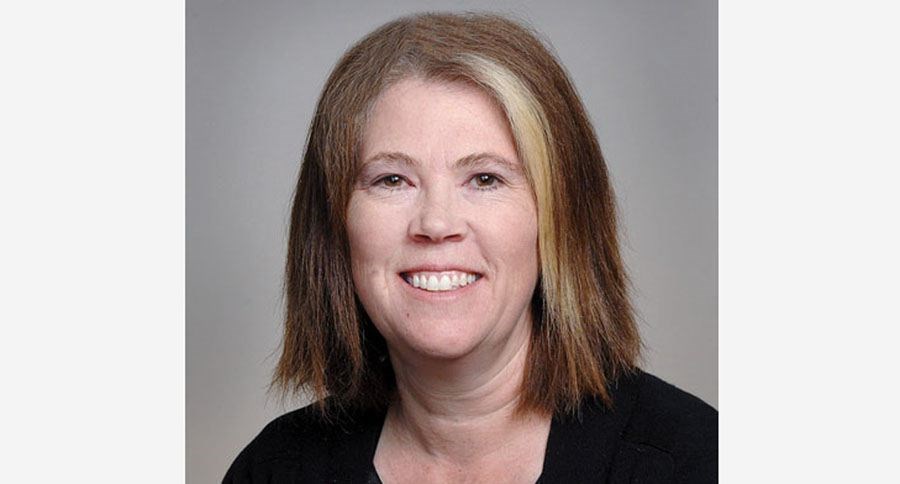Over the last many weeks of my column, I have tried to explain the American primary system and the impending conventions that will name the Democratic and Republican nominees for the presidency.
Without a doubt, the system is complicated and confusing and each week as different states take their turn to vote new rules and processes emerge.
If your head is spinning to understand it all, my head is spinning to explain it all!
So, this week I am going to reflect on the political system that is closer to home.
I was inspired by the beautiful pictures of the Queen and her family that were released this week. The Queen turned 90 and her enduring reign is really the stuff of legends.
The monarchy is, in its way, a strange form of government.
In moments when I feel a bit silly I recall the Monty Python skit from the Holy Grail and I hear the old woman (old man actually) decry the idea of the anointing of a king by the Lady of the Lake: "strange women lying in ponds distributing swords is no basis for a system of government..."
On other days, I marvel at the way the monarchy has evolved and plays a very important role in Canada.
The Queen is Canada's head of state and is represented by the governor general at the federal level and by the lieutenant governors at the provincial level.
The Canadian system of government has two major components: the Westminster model and a federal state.
Britain has the Westminster model and a unitary state.
In the United Kingdon, there is, essentially a central government and lesser governments (like municipal governments) that get power from the central government.
In Canada, the provinces get their power from the Constitution. Both Canada and Britain use the same form of Parliamentary government.
They have the queen as head of state and the prime minister as head of government.
Canada and Britain both have a bi-cameral system: in Canada, a House of Commons and a Senate and in Britain, a House of Commons and a House of Lords.
In Canada, because of federalism and the constitutional division of power, each province has a lieutenant governor and a premier.
I have written before in this column about the critical power of the governor general in the current system of Canadian government.
Over the years, the role of head of state has largely been considered to be simply ceremonial, but there have been times in our history when the governor general has been called upon to make critically-important decisions.
Only a few years ago, Stephen Harper asked the governor general to prorogue Parliament so that the Harper government could avoid a vote of non-confidence that would have sent Canadians to the polls.
I have also written about the critical importance of the governor general in choosing the government and thus the prime minister of Canada.
Despite the fact that on election night it might appear that our favourite newscaster tells us who will be the next prime minister, the governor general actually invites the leader of the party who he/she feels will be able to maintain confidence in the house to form the government and become the prime minister.
As I think about the queen and all her years of service, I am astounded at all of the prime ministers she has asked to form government: from Winston Churchill to David Cameron and 10 more in between. She meets with the British prime minister weekly.
In a lovely piece entitled, "Borrowed wellies and racing talk: the Queen and her prime ministers" that appeared in the Telegraph, Adam Lusher writes: "Harold Wilson may have joked about being whisked away once a week 'to see mother.'"
But, says the historian Andrew Roberts, anyone assuming that this was nothing more than an inconsequential chat, "could not be more wrong."
"It is a vital part of the British constitution," says Roberts, author of The Royal House of Windsor.
"Without it, since we are a constitutional monarchy, the politicians don't have genuine legitimacy, and the royals have less understanding. And wouldn't it be completely weird if the person representing... the 'efficient' side of the constitution didn't meet regularly with the person representing the 'magic'?"
I sometimes think about all that she has seen in her 60 years as Queen and wish I could have been a fly on the wall to have witnessed those closed door conversations.



